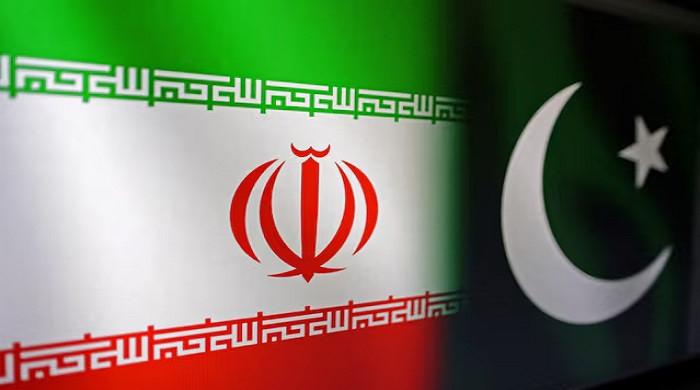BLOG: Rethinking Public Opinion
Media anchors in Pakistan should watch what they say on public airwaves.
February 20, 2017

On a recent Friday night, a talk show host and a self-styled media macho responded to a question from the studio audience regarding the Panama case being heard in the Supreme Court. “The judges,” he said confidently, “should keep the popular sentiments in mind” when passing a judgment. It was a startling statement, although not a very original one. Unfortunately, in Pakistan, media anchors are used to throwing out words and opinions on public airwaves without weighing their significance.
Nothing is more misleading than popular opinion, which fluctuates over time. Now, if the courts start taking them into account, then we can forget about getting a fair trial.
Take the United States for example, where their 45th President is trying to use to his advantage the popular sentiments of the white Americans. But it’s not working. Embarrassingly, he has had to retract on most promises made during the campaigning days. Barely a month in office and he is already assuring China’s President Xi Jinping of respecting the One-China policy; promising Britain that he would not lift sanctions on Russia and telling Japan that he will not seek payment of the pending bills. On the other hand, the popular rage against Donald Trump is also simmering down. Mass protests and rallies are thinning out. So instead, the media in the U.S. and Europe is crying hoarse predicting a nuclear war between China and the U.S. Why? Because how do you maintain ratings with a sane coverage?
Over in Pakistan, a few weeks ago, PTI’s chief Imran Khan asked a rally in the Khyber Pakhtunkhwa province if the Prime Minister was a thief. But then without waiting for the crowd to answer, he quickly added, “Okay. So you agree that Nawaz Sharif is a thief.” To my utter amazement, I found Khan discussing this incident with several news channels. He used it as an example of the people giving their verdict against the premier. But shortly after, an IRI survey presented altogether different facts. Nawaz Sharif, it revealed, is the most popular politician in the country.
A country drafts laws and a constitution to ensure that its courts and its government are not swayed by popular sentiments.
Here is another example of how wrong public opinion can be at times. In 2010, Geo TV conducted a survey during a live show of Pachas Minute (50 minutes). We asked the people how many of them would kill a robber himself or herself. Our objective was to make our audience aware of the consequences of taking the law in their hands. But to our surprise, 89 per cent agreed that mobs should be allowed to lynch robbers. That year, the CCPO Lahore awarded civilian men who had caught and killed local thieves, a kind of encouragement that led to the brutal murder of two teenage brothers in Sialkot by a murderous mob.
Also, remember that popular sentiments had led to the fall of Dhaka. The same narrative pushed the Middle East to fall from the frying pan into the fire, led to the disintegration of the USSR and pushed Ukraine to the brink of war.
Mass opinions are malleable. They can be easily manipulated. Last year, former military dictator Gen. (r) Pervez Musharraf told an interviewer that Gen. (r) Raheel Sharif had pressurized state institutions to pave the way for his exit. During his three-year tenure, Gen. Sharif enjoyed a cult-like following in Pakistan. Yet, within an hour of Musharraf’s statement, Twitter hashtags changed from #ThankYouRaheelSharif to #ForGod’sSakeRaheelSharif.
Shakespeare has marvelously presented the fragility of popular sentiments in a play about Julius Caesar, where opinions oscillate between love and condemnation and then return to adulation for the ruler. The same mob that celebrates Caesar’s killing also mourns his death.
Popular sentiments are often based on poor judgment and polarized views of political realities. In the 1980s in Pakistan, popular sentiments were crafted against an imaginary threat of Russia occupying the warm waters. As a result, communism was shunned, deemed as a Godless order of life, even though relations with Godless China were never strained.
Our media machos should keep objectivity in mind when ensconced in a chair they tend to often use as a pulpit to pass judgments on others.
Hussain is an Executive Producer at Geo Television. His show Khabarnak airs at 11:03PM from Thursday to Sunday.
Note: The views expressed in this blog are those of the author, and do not reflect the official policy or position of Geo News, The News or the Jang Group











